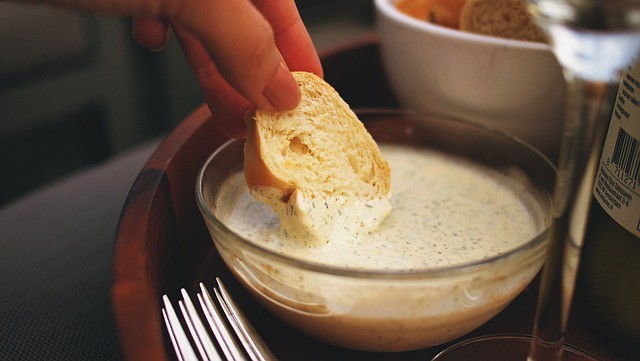Mayonnaise, commonly known as mayo, is a popular condiment that’s often used in various dishes and sandwiches. However, there have been debates and discussions about its health implications. Let’s separate the myths from the facts when it comes to mayo and its impact on health:
Myth 1: Mayo is Unhealthy Because It’s High in Fat:
- Fact: Mayo does contain fat, primarily in the form of oil, which is used to emulsify the ingredients and create its creamy texture. However, not all fats are inherently unhealthy. Many fats, like those found in olive oil or avocado oil-based mayo, are considered heart-healthy and provide essential fatty acids.
Myth 2: All Mayonnaise Varieties Are the Same Nutritionally:
- Fact: There are different types of mayo available, and their nutritional profiles can vary significantly. Some mayonnaises are made with healthier oils, such as olive oil, while others may use less nutritious oils. Reading ingredient labels can help you choose a mayo with better fat choices.

Myth 3: Mayonnaise is Loaded with Cholesterol:
- Fact: Traditional mayonnaise is made with egg yolks, which contain dietary cholesterol. However, research has shown that dietary cholesterol has a relatively modest impact on blood cholesterol levels in most people. Moderation is key.
Myth 4: Mayonnaise Causes Weight Gain:
- Fact: Weight gain is determined by overall calorie intake and expenditure. While mayo is calorie-dense due to its fat content, consuming it in moderation as part of a balanced diet is unlikely to cause weight gain.
Myth 5: Low-Fat or Fat-Free Mayo is Healthier:
- Fact: Low-fat or fat-free mayo products often replace fat with added sugars or thickeners, which can affect taste and texture. Also, some nutrients are fat-soluble, meaning that a small amount of healthy fat can enhance nutrient absorption.
Myth 6: Homemade Mayonnaise is Healthier Than Store-Bought:
- Fact: Homemade mayo can be healthier if you use high-quality ingredients, such as olive oil, and control the amount of salt and other additives. However, it’s essential to practice proper food safety when making homemade mayo with raw eggs.
Myth 7: Eating Mayo Will Lead to Heart Disease:
- Fact: Eating mayo in moderation is unlikely to cause heart disease. Heart health is influenced by a combination of factors, including overall diet, physical activity, genetics, and lifestyle choices.
Myth 8: Mayo has No Nutritional Value:
- Fact: While mayo is not a significant source of nutrients, it does contribute some calories and small amounts of fat. However, using mayo as a condiment can enhance the flavor of foods and make them more enjoyable.
Myth 9: Mayonnaise Contains Harmful Ingredients:
- Fact: Commercial mayonnaise products typically contain safe ingredients like oil, egg yolks, vinegar, and seasonings. It’s a good idea to choose brands that use quality ingredients and avoid artificial additives.
Myth 10: You Should Completely Avoid Mayo for a Healthy Diet:
- Fact: Mayo can be included in a balanced diet when consumed in moderation. Opt for healthier options, like mayo made with healthy oils and limited additives, and use it as part of a nutrient-rich meal.
In summary, mayo can be enjoyed in moderation as part of a balanced diet. Choosing mayo made with healthier oils, paying attention to portion sizes, and incorporating it into dishes with nutrient-rich ingredients can help you enjoy mayo while making nutritious choices. As with any food, moderation and overall dietary context are key.












